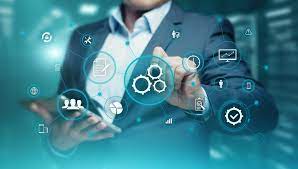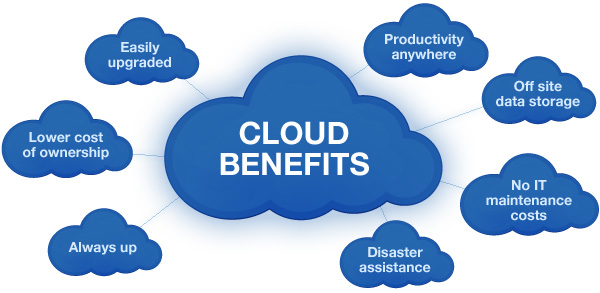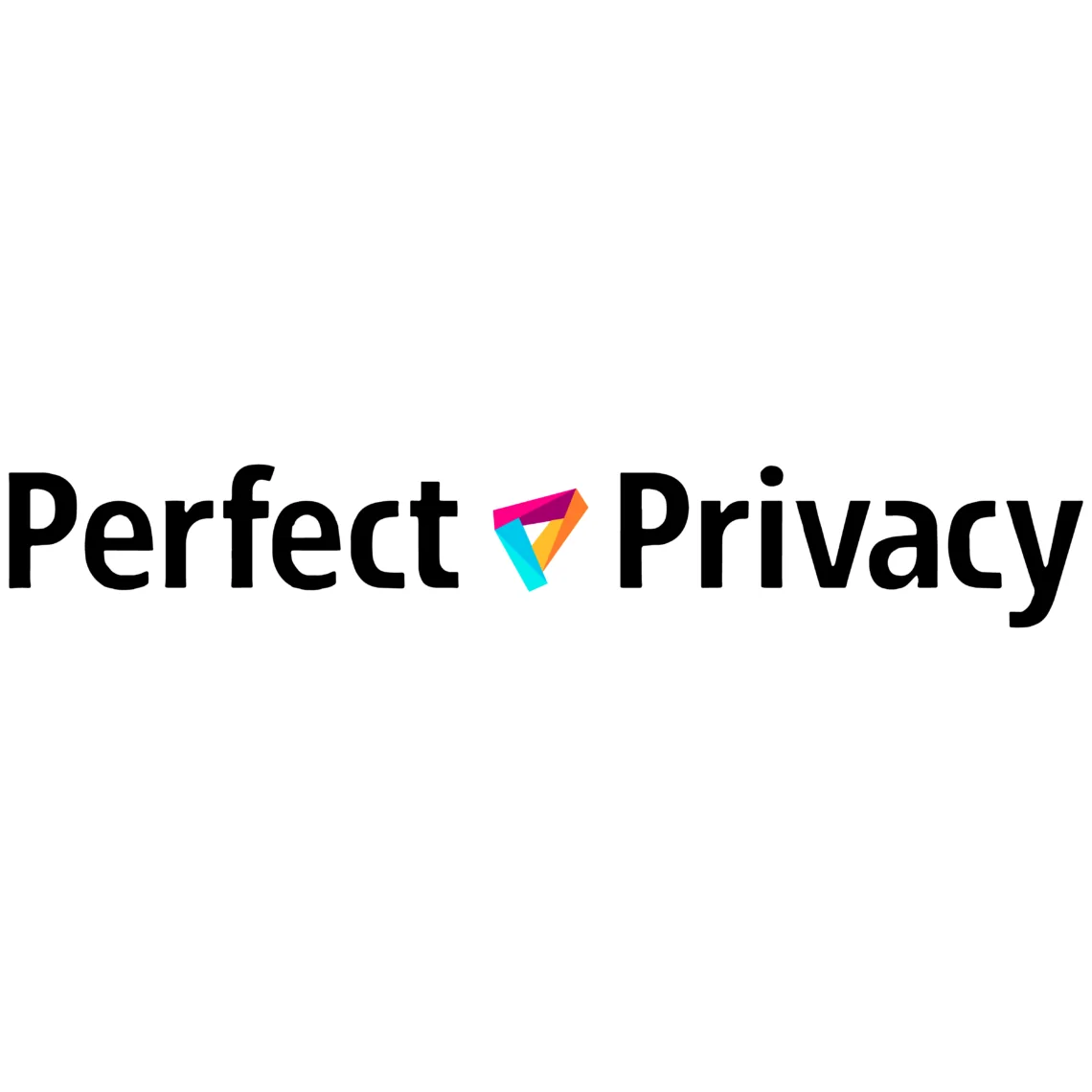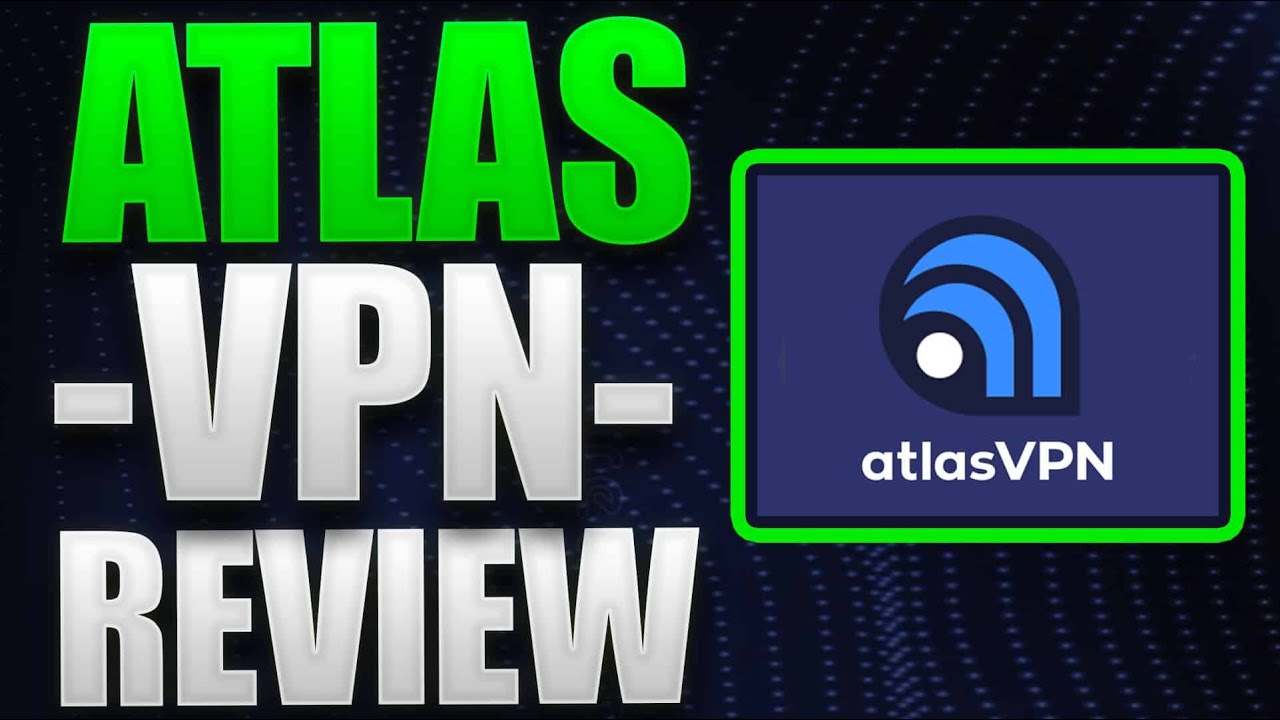Defining the Internet of Things in modern life
Internet of Things applications span across homes, healthcare, transportation, agriculture, and entire cities, offering convenience,.

Fast forward to today, and the Internet of Things (IoT) has become an integral part of our lives, profoundly shaping how we work, live, and interact with the world around us.
In this blog post, we will explore the multifaceted role of IoT in modern life, delving into its impact on various sectors, from healthcare to transportation, and examining the opportunities and challenges it presents.
Understanding the Internet of Things
Before we delve into the pervasive influence of IoT, let's clarify what it entails. IoT is a network of interconnected devices, sensors, and systems that communicate and exchange data over the internet. These "things" can range from household appliances and wearable fitness trackers to industrial machinery and autonomous vehicles. The fundamental idea is to collect, analyze, and leverage data generated by these devices to make informed decisions, streamline processes, and enhance our daily lives.
Revolutionizing Healthcare
One of the most remarkable applications of IoT is in healthcare. IoT devices, such as wearable fitness trackers, smartwatches, and even implantable sensors, have transformed the way we monitor and manage our health. These devices continuously collect data on vital signs, activity levels, and other health-related metrics, providing individuals with real-time insights into their well-being.
Moreover, IoT is playing a crucial role in telemedicine and remote patient monitoring. Patients can now receive high-quality healthcare services from the comfort of their homes, thanks to connected devices that transmit data to healthcare providers. This not only improves patient outcomes but also reduces the burden on healthcare facilities.
Enhancing Urban Living
Cities around the world are becoming "smart cities" through IoT integration. Smart traffic lights, connected public transportation systems, and sensor-equipped waste management systems are just a few examples of how IoT is revolutionizing urban living. Traffic congestion is being mitigated through real-time data analysis, and public transportation is becoming more efficient and accessible.
IoT is also enhancing public safety. Smart surveillance systems can detect unusual activities or accidents and alert law enforcement or emergency services instantly. Additionally, air quality monitoring helps mitigate pollution, ensuring healthier living conditions for urban residents.
The Industrial Revolution 4.0
IoT is driving the fourth industrial revolution, commonly referred to as Industry 4.0. In manufacturing, IoT-enabled machines and robots are transforming production lines.
Supply chains are also benefiting from IoT integration. Real-time tracking of goods in transit ensures better inventory management and timely deliveries. Moreover, agricultural IoT solutions are helping farmers optimize crop yields and conserve resources by providing data on soil conditions, weather patterns, and crop health.
Connected Homes
The concept of a "smart home" has gained significant popularity, and IoT is at its core. From thermostats that adjust to your preferences to voice-activated assistants that control lighting and entertainment systems, IoT devices are making homes more convenient and energy-efficient.
Home security has also been elevated through IoT. Smart cameras, doorbells, and locks allow homeowners to monitor their properties remotely and receive alerts in case of suspicious activity. Fire and carbon monoxide detectors can send alerts directly to your smartphone, potentially saving lives in emergency situations.
Transforming Transportation
IoT has ushered in a new era of transportation, making it safer, more efficient, and environmentally friendly. Connected vehicles can communicate with each other and with traffic infrastructure to reduce accidents and traffic congestion. Autonomous vehicles, guided by IoT sensors and AI algorithms, promise to revolutionize personal and public transportation in the coming years.
Furthermore, IoT is revolutionizing the logistics industry.
Agriculture and Environmental Conservation
IoT sensors placed in the soil can monitor moisture levels, enabling precise irrigation, which conserves water and maximizes crop yields.
Environmental monitoring stations equipped with IoT technology track air and water quality, weather patterns, and wildlife movements. This data is essential for understanding and mitigating the impact of climate change and human activity on our planet.
Challenges and Concerns
While the Internet of Things offers numerous benefits, it also raises significant challenges and concerns that must be addressed. Robust security measures and encryption protocols are essential to protect sensitive data.
Moreover, the sheer volume of data generated by IoT devices poses challenges related to data storage, processing, and analysis. Scalable and efficient data management solutions are required to harness the full potential of IoT.
Ethical considerations surrounding data ownership and consent are also crucial. Individuals must have control over the data generated by their devices and the right to decide how it is used.
Lastly, there are environmental concerns related to the disposal of IoT devices and their electronic waste. Manufacturers and consumers alike must consider the lifecycle of these devices and their environmental impact.
The Future of IoT
As IoT continues to evolve, its impact on modern life will only grow more profound. Here are some exciting possibilities for the future of IoT:
- 5G Integration: The rollout of 5G networks will enable faster and more reliable connectivity, opening up new opportunities for IoT applications, particularly in areas like augmented reality and autonomous vehicles.
- Edge Computing: Edge computing, which involves processing data closer to the source (i.e., IoT devices), will reduce latency and enable faster decision-making in real-time applications.
- AI and Machine Learning: IoT devices will become even smarter with the integration of AI and machine learning algorithms, allowing them to make predictions, adapt to user behavior, and optimize processes autonomously.
- Environmental Sustainability: IoT will play a crucial role in monitoring and mitigating the impact of climate change, from smart grids that optimize energy usage to sensors that track deforestation and wildlife conservation efforts.
- Healthcare Innovations: Wearable health devices will become more advanced, potentially predicting health issues before they occur and leading to more personalized treatment plans.
The Internet of Things has become an omnipresent force in modern life, touching virtually every aspect of our existence, from healthcare and transportation to our homes and the environment. Its transformative power has the potential to enhance our quality of life, drive economic growth, and address pressing global challenges.
What's Your Reaction?















